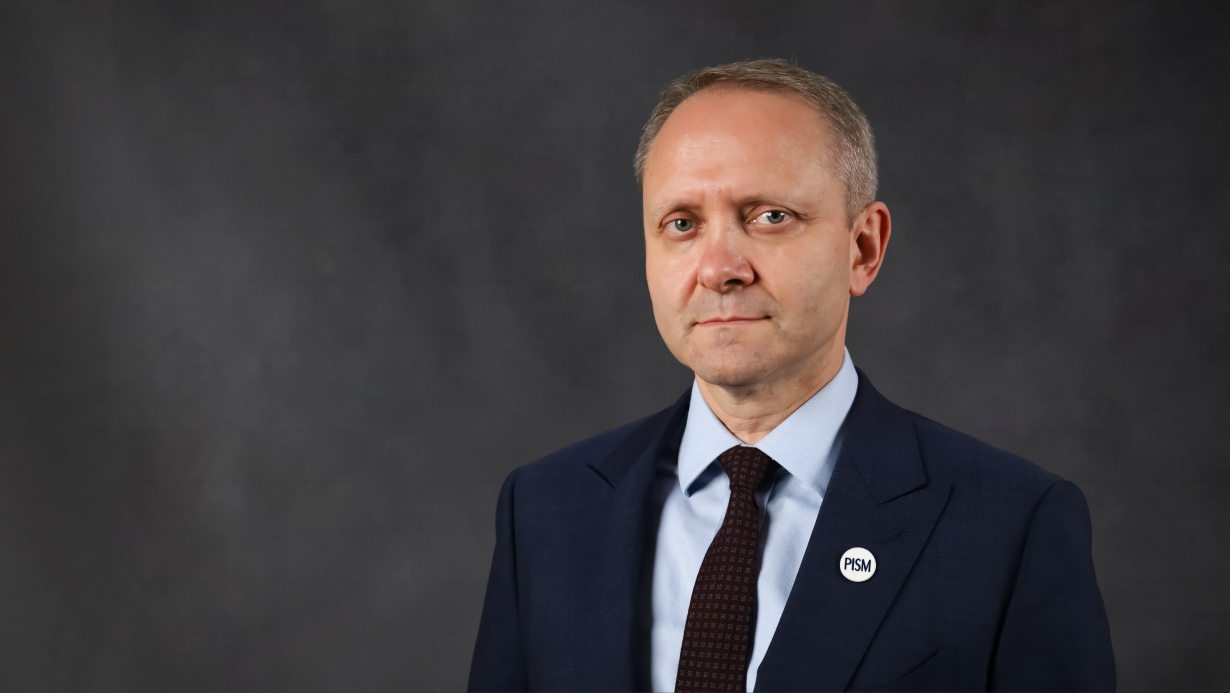
Which political force gained the most?
With 99% of votes counted, the Swedish Social Democratic Workers’ Party (Social Democrats) had the best result at 28.4%. Coming in second was the liberal-conservative moderate coalition at 19.8%. Extreme right-wing, nationalist SD posted key gains, winning 17.6% of the votes compared to 13% in 2014 and surging to become the third political force in parliament. It managed to dominate the election campaign. Promising changes tightening the country’s migration policy and improving access to medical services (in which a serious staff shortage has been noted in Sweden for years) contributed to the significant increase in support for the party, especially among the elderly.
Which coalition is the most likely to head the government?
As expected, none of the electoral coalitions won a parliamentary majority. The first attempt to form a government will probably be given to the Social Democrats, which together with the allied Green Party and the Left Party won 40.6% of the vote. The minority government will seek support from the opposition centre parties—the agrarian Centre Party and the Liberal Party, which has definitely excluded the possibility of cooperation with SD within its own four-party liberal-conservative coalition. The support of moderate groupings is particularly important in the legislative work on next year’s budget. In the absence of support for a parliamentary majority, the elections could be repeated within a few months.
What will the next government’s EU policy look like?
Regardless of the final composition of the ruling coalition, the European policy of the next cabinet is unlikely to change. The public does not support joining the eurozone. On the EU forum, much like in Poland, the government will be opposed to further deepening monetary integration, which could lead to the country’s marginalisation. The pressure Sweden was subjected to as a consequence of the mass-migration crisis of 2015 (during which it took in more than 160,000 asylum-seekers), the government will continue to support the compulsory relocation of refugees. SD’s third-place win will not allow it to lead a referendum promised in the course of the campaign on a Swedish exit from the EU but it may help to strengthen its position in next year’s elections to the European Parliament.
How might the election results influence Swedish defence policy?
Swedish defence policy is based on strong bi-partisan consensus, so major changes are unlikely. Since Russia’s annexation of Crimea in 2014, Sweden has strengthened its defence potential, which after the end of the Cold War had significantly weakened. The security strategy for 2016-2020 was adopted in 2015 with the strong support of the opposition. The document called for, among other things, strengthening the land forces, air defence, and civil defence. Sweden deployed troops to Gotland and reintroduced the military draft. The Swedish defence budget, however, declined from 1.15% of GDP in 2014 to 1.035% of GDP in 2017, although in the coming years exceptionally expensive programmes, including the purchase of Patriot systems, are expected. It may be more difficult for a weak government to garner support for increased defence spending.
Does the growing support for SD endanger Sweden’s cooperation with NATO?
Cooperation with NATO is not a controversial issue. In 2016, parliament ratified the agreement with NATO (Host Nation Support), which enables the deployment of foreign troops on Swedish territory. Initially, the leaders of SD together with Left wanted to block the vote, but eventually changed their mind. Sweden will strengthen cooperation with the Alliance but will not seek membership, which is supported by 47% of the population (compared to 39% against). After joining the EU in 1995, Sweden ceased to be a neutral state and as a member of the European Union relies on security guarantees included in the Treaty of Lisbon (Article 42.7). In addition, in 2009, it announced a unilateral solidarity declaration in which it offers assistance to threatened EU and Nordic partners and expects similar assistance. Since Sweden and Poland recognize their mutual importance for security in the Baltic Sea, they will further strengthen military cooperation.




